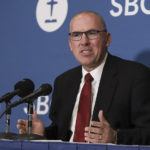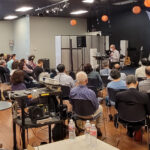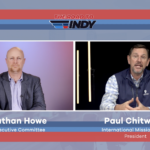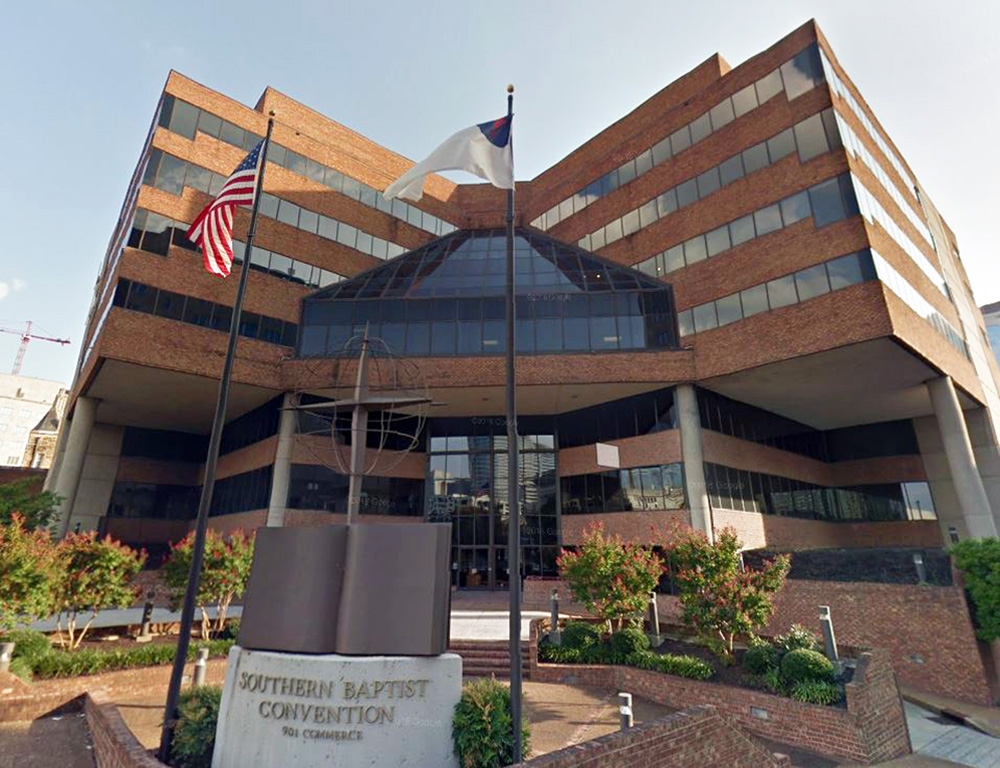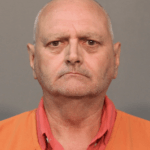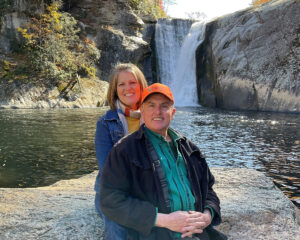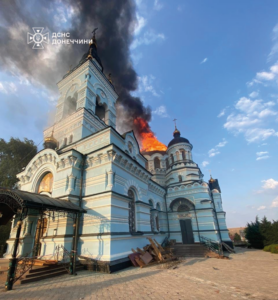
NEW ORLEANS (BP) — During the recent SBC Annual Meeting in New Orleans, Heather Evans, an advisor to the Abuse Reform Implementation Task Force, author and licensed clinical social worker, spoke at an evening event on June 13th focused on adult sex abuse and clergy sex abuse.
Evans said the event hosted by SBC Voices featured “the pastoral, clinical, theological and victim perspective as well as a spouse’s perspective on clergy sexual abuse and adult sexual abuse.”
In research she shared in her talk from a survey of 280 survivors of clergy sexual abuse, Evans said only 33 percent of sexual abuse survivors said they were believed by their church when they came forward with their stories and only eight percent agreed their church supported them.
“The majority of those surveyed said the response by the church actually made the impact and trauma of the abuse worse,” Evans told Baptist Press.
“We must do better,” she said. “We need to pay attention to adult sex abuse. We need to talk about why clergy sexual abuse is misunderstood, how victims are groomed, and how the church community is groomed.”
“Sadly,” Evans said, “victims are not believed and even blamed while the abuser is supported and celebrated.”
“Survivors are willing to share their experiences, what they need and what would be helpful. The church has the opportunity to be a safe place and represent Christ when responding to reports of sexual abuse,” said Evans.
Other speakers included sexual abuse advocate and survivor Chellee Taylor and her husband Peter and Indiana Pastor Todd Benkert.
Benkert said the rationale for choosing the event’s theme “was to bring clarity to that issue and a fuller understanding of adult abuse. Such understanding is crucial in the care and protection of others.”
Benkert said he hoped participants of the event left “with an understanding of not only how abuse occurs, but to correctly identify abuse when it does, and to respond in a way that loves and cares well for survivors.”
The full event is posted online at https://www.youtube.com/watch?v=vh43tq07WAw


